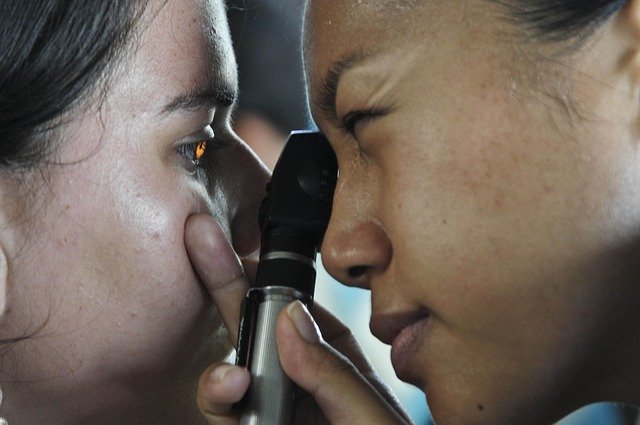5 Signs You May Have Amyloidosis-What to Watch For
Amyloidosis is a rare but serious condition caused by the buildup of abnormal proteins—called amyloids—in organs and tissues throughout the body. Over time, this buildup interferes with normal function, potentially affecting the heart, kidneys, liver, nerves, and digestive system. Because its symptoms often mimic other illnesses, early recognition is critical. Understanding the warning signs of amyloidosis can lead to earlier diagnosis and improved treatment outcomes.

What is Protein Buildup and How Does it Affect Your Body?
When abnormal proteins called amyloids accumulate in your tissues and organs, they can disrupt normal bodily functions. These protein deposits can occur in various parts of your body, including vital organs like the heart, kidneys, and liver. The buildup happens gradually, often causing damage before noticeable symptoms appear. Different types of amyloid proteins can affect different body systems, making early detection particularly challenging.
How Does Fatigue and Weight Loss Signal Amyloidosis?
Unexplained fatigue and unintentional weight loss are common early warning signs of amyloidosis. You might experience persistent tiredness that doesn’t improve with rest, along with a decreased appetite and unexplained weight loss. These symptoms occur because amyloid deposits can interfere with your body’s ability to maintain normal energy levels and process nutrients effectively. If you’re experiencing these symptoms without obvious cause, it’s important to discuss them with your healthcare provider.
Why Should You Monitor Swelling in Extremities?
Swelling in the legs, ankles, and feet (edema) can be a significant indicator of amyloidosis, particularly when it affects both sides of the body. This swelling occurs when amyloid proteins interfere with your heart’s ability to pump blood effectively or when they affect kidney function. The swelling may be worse in the evening and improve slightly after overnight rest. Any persistent swelling should be evaluated by a medical professional.
What Does Numbness and Tingling Tell Us?
Numbness, tingling, or burning sensations in your hands and feet might indicate amyloid proteins affecting your peripheral nerves. This condition, known as peripheral neuropathy, can begin gradually and worsen over time. You might experience reduced sensitivity to temperature or pain, difficulty with fine motor skills, or weakness in your extremities. These neurological symptoms can significantly impact daily activities and quality of life.
How Do Changes in Organ Function Indicate Amyloidosis?
Changes in organ function often manifest through various symptoms depending on which organs are affected. Heart involvement might cause shortness of breath, irregular heartbeat, or chest pain. Kidney problems might lead to foamy urine or extreme fatigue. Digestive system involvement could result in diarrhea, constipation, or feeling full quickly when eating. Changes in liver function might cause swelling in the abdomen or jaundice.
Traditional treatment options for amyloidosis vary based on the type and severity of the condition. Current treatments may include:
| Treatment Approach | Primary Purpose | Typical Duration |
|---|---|---|
| Chemotherapy | Target abnormal protein production | 3-6 months |
| Stem Cell Transplant | Replace damaged blood cells | 2-3 weeks hospital stay |
| Organ Transplant | Replace severely damaged organs | Varies by organ |
| Supportive Care | Manage symptoms | Ongoing |
Prices, rates, or cost estimates mentioned in this article are based on the latest available information but may change over time. Independent research is advised before making financial decisions.
Early recognition of these warning signs and prompt medical attention are crucial for better outcomes in amyloidosis treatment. While these symptoms can be associated with many other conditions, their persistence or combination should prompt a thorough medical evaluation to determine their underlying cause.
This article is for informational purposes only and should not be considered medical advice. Please consult a qualified healthcare professional for personalized guidance and treatment.




